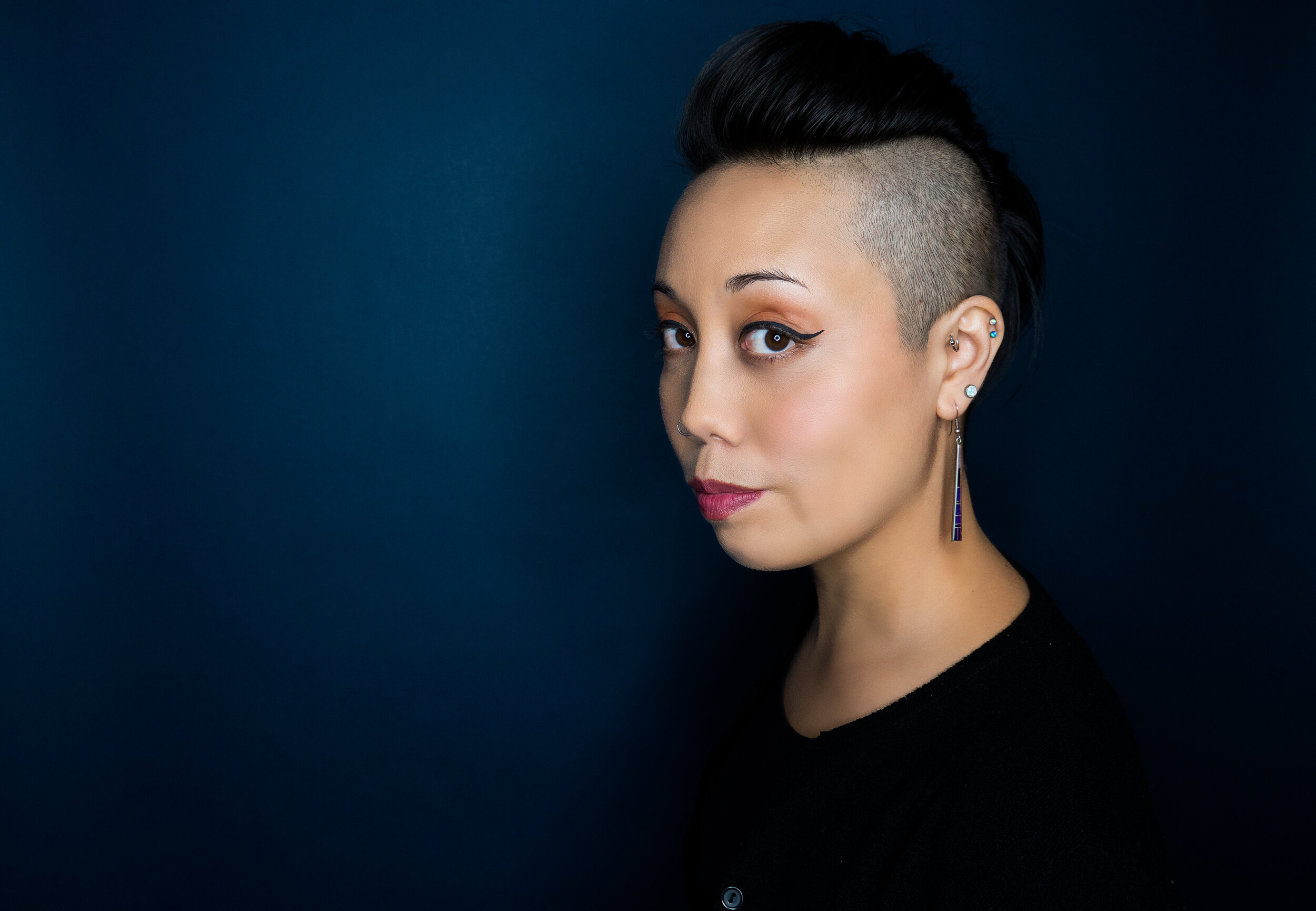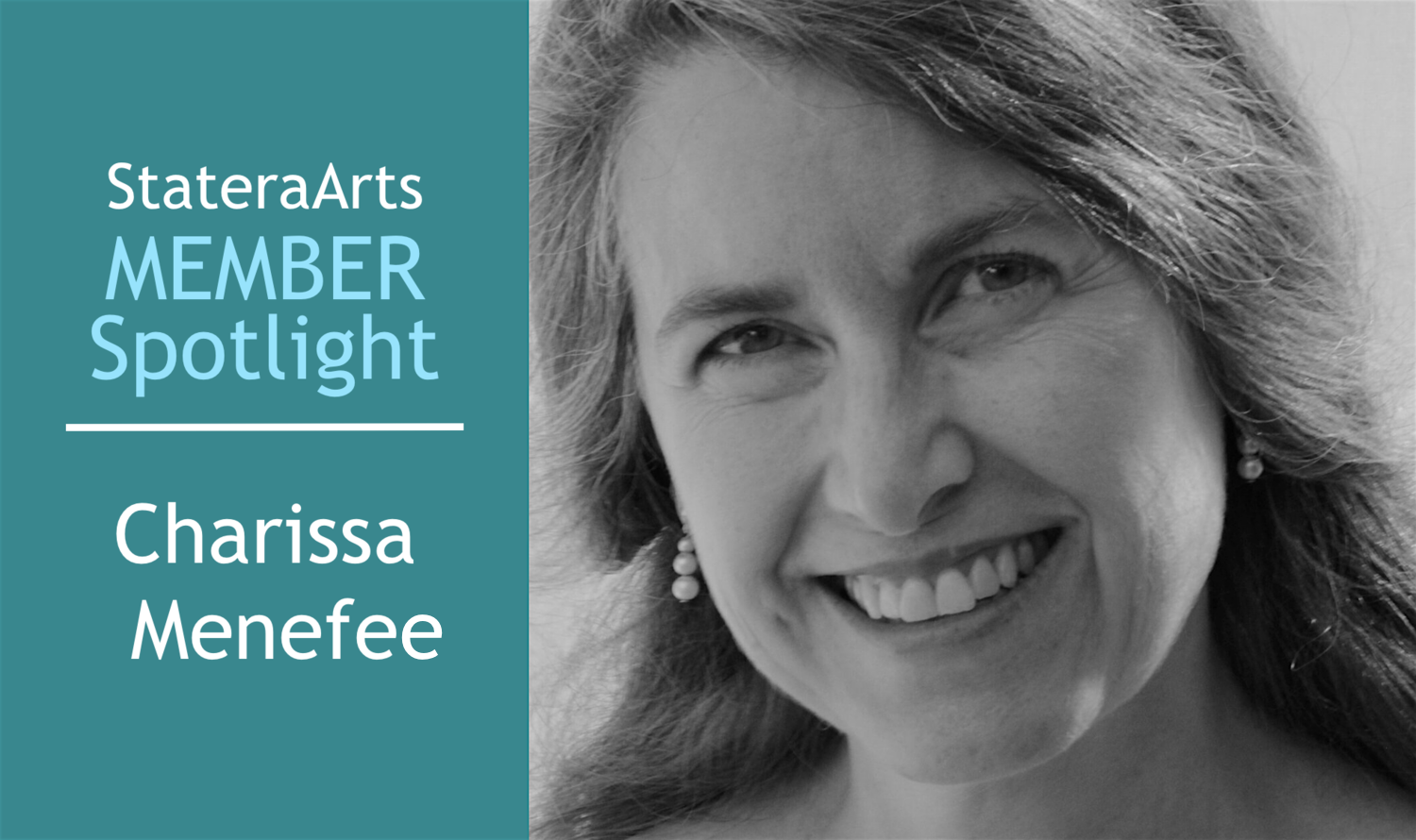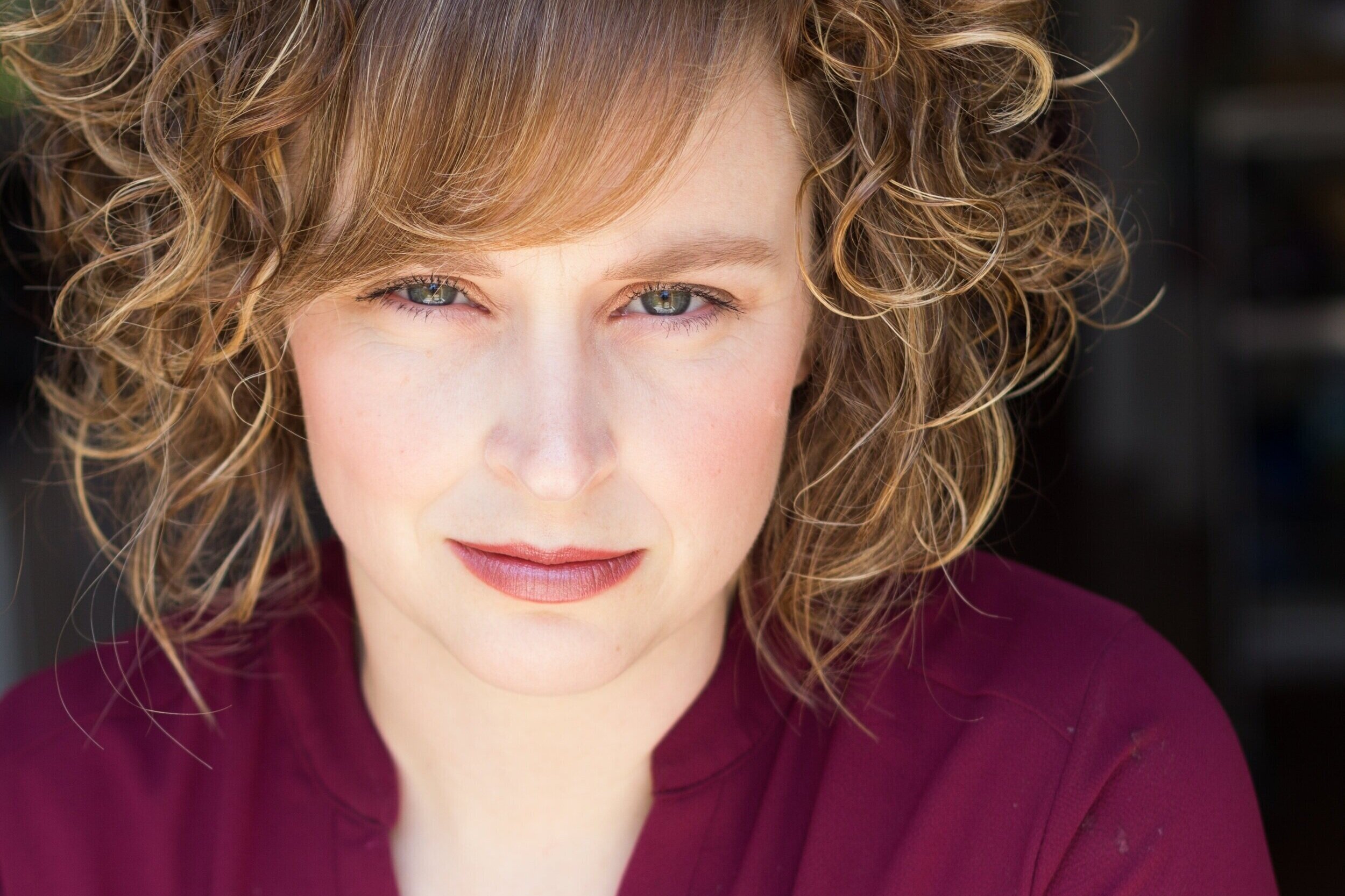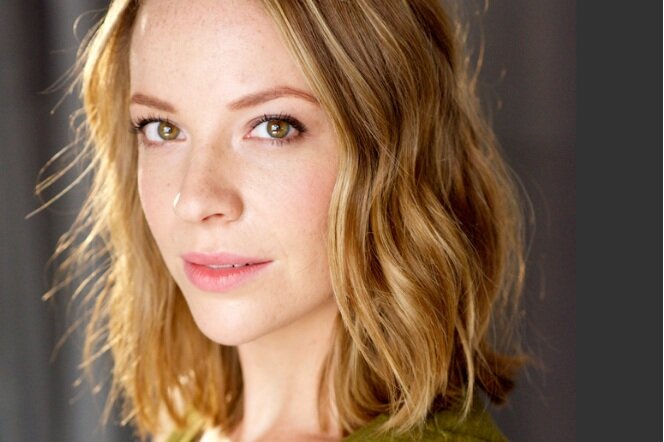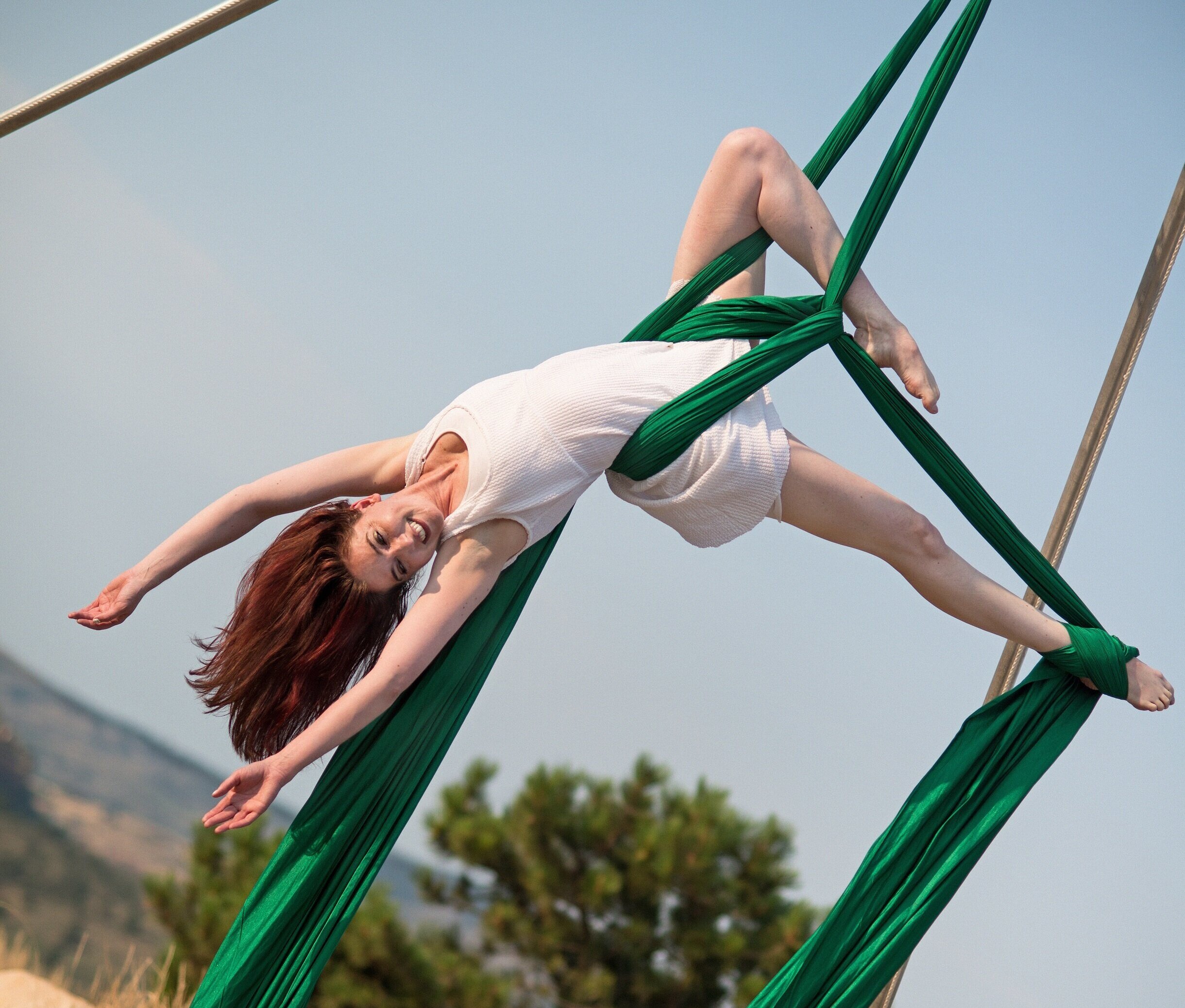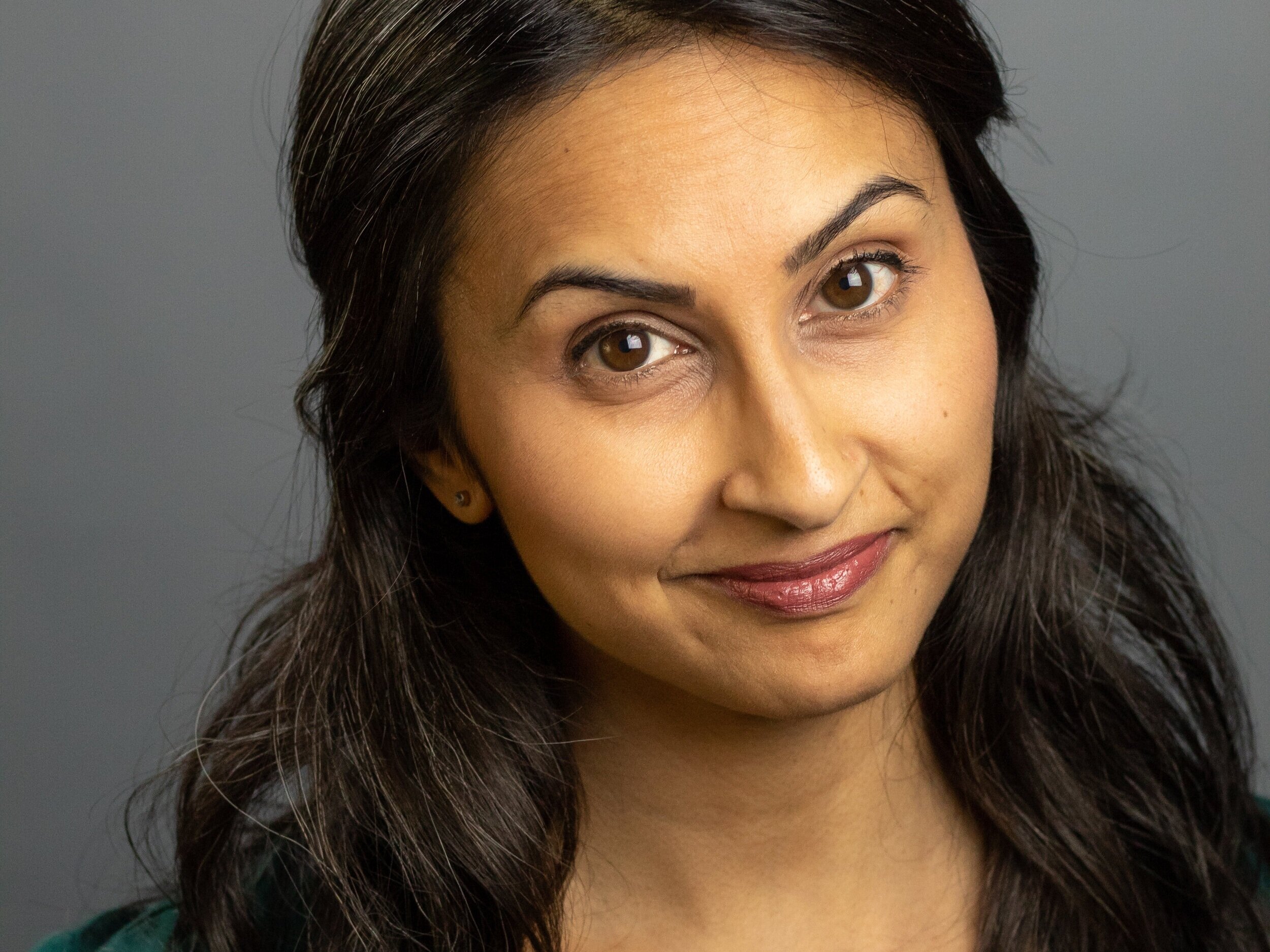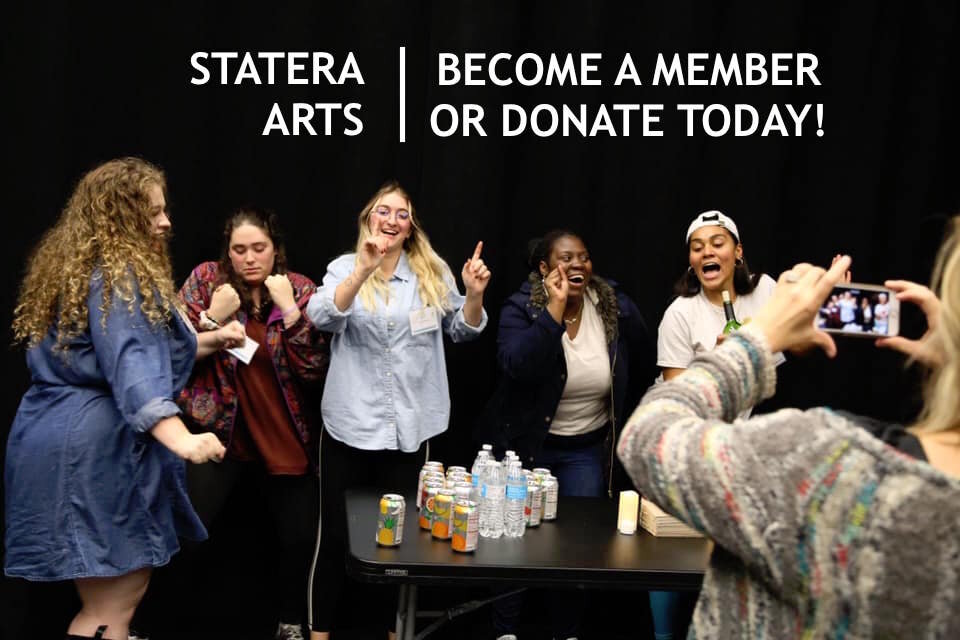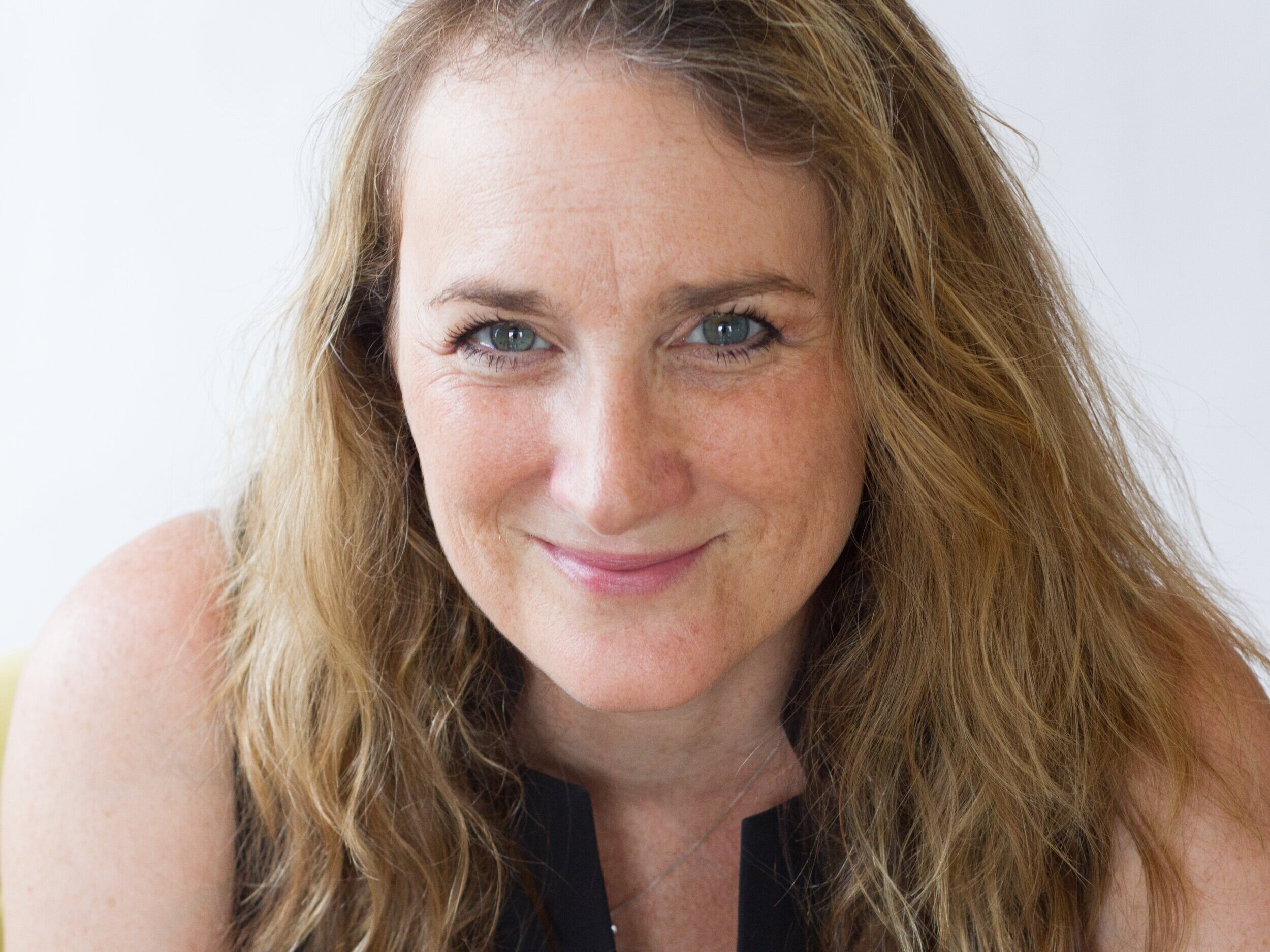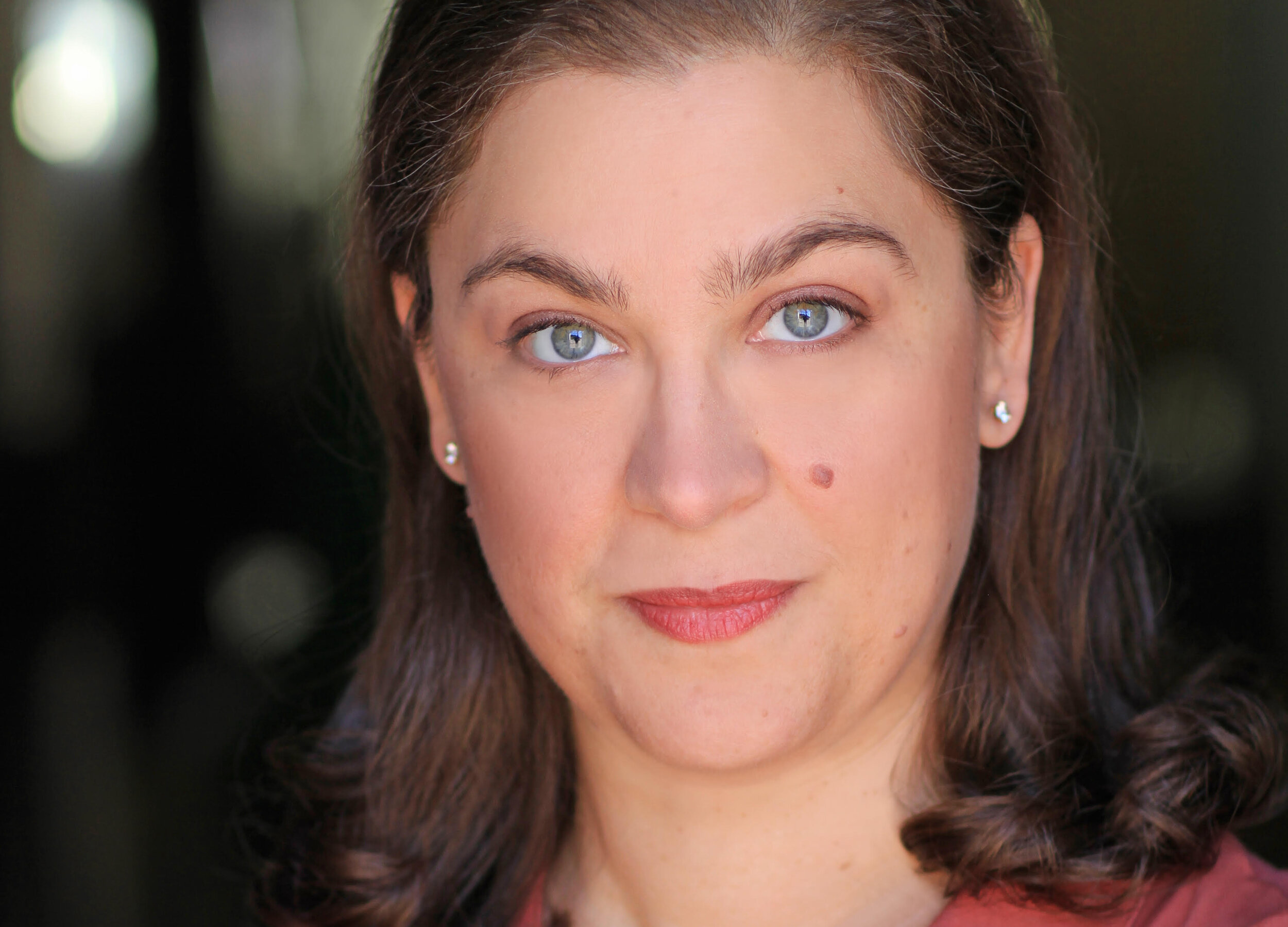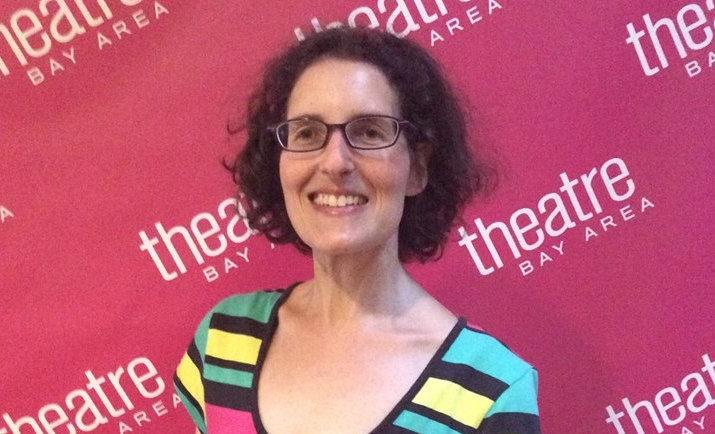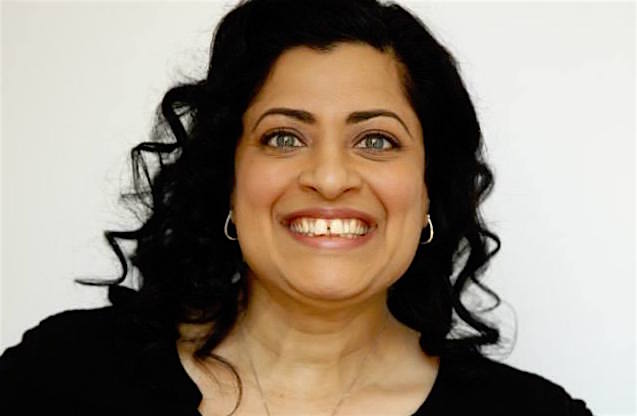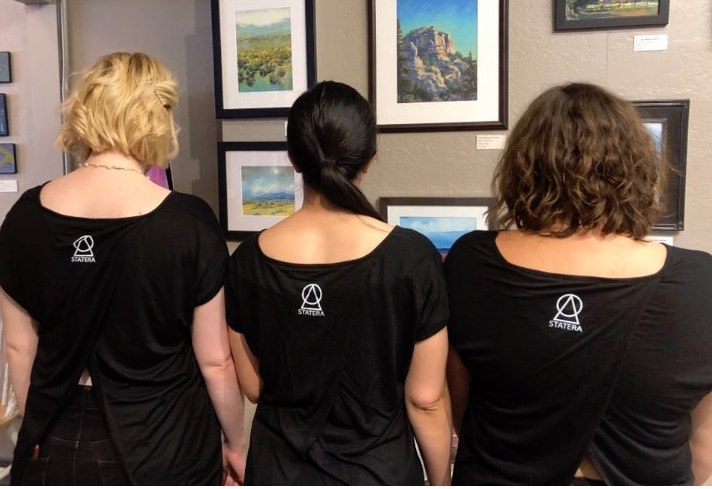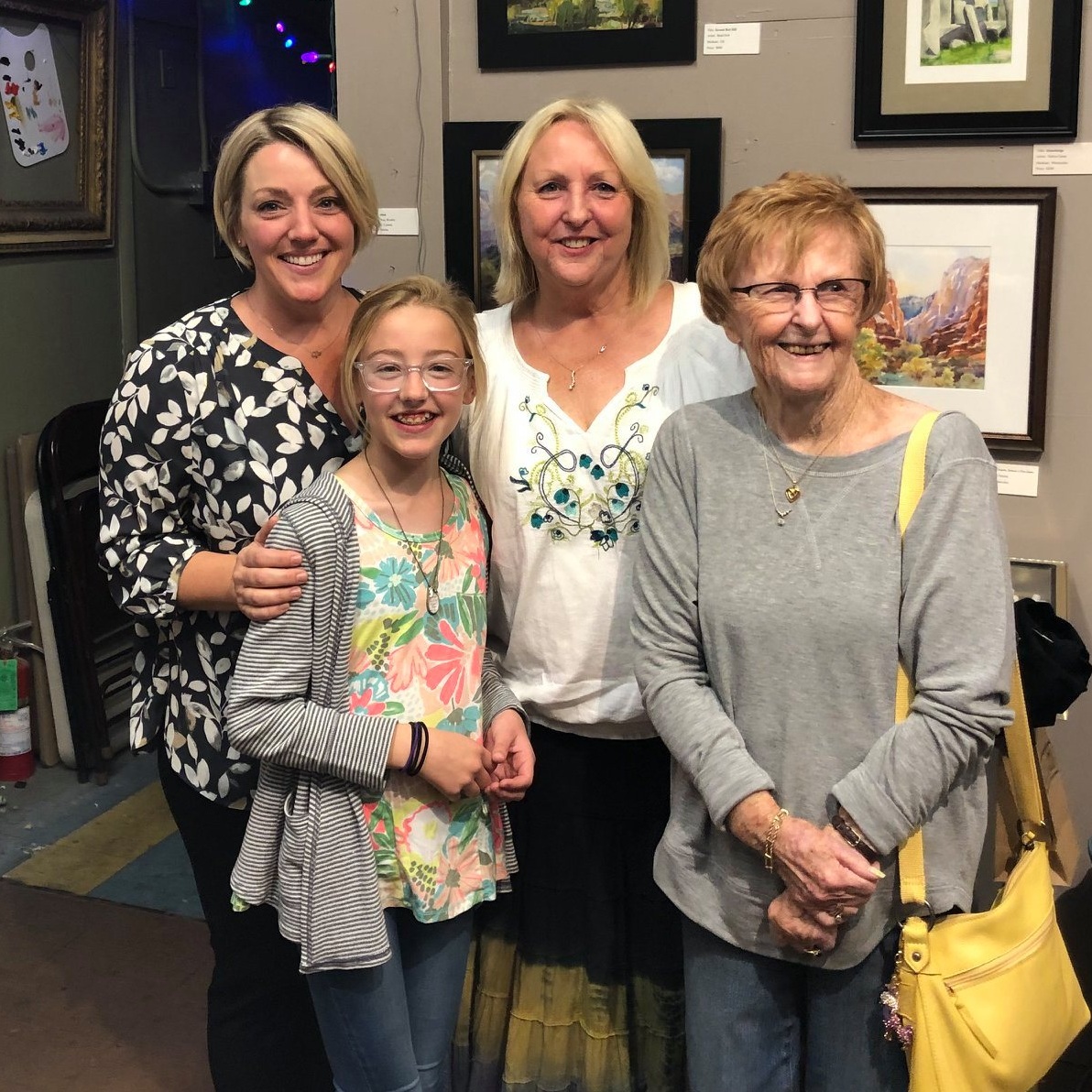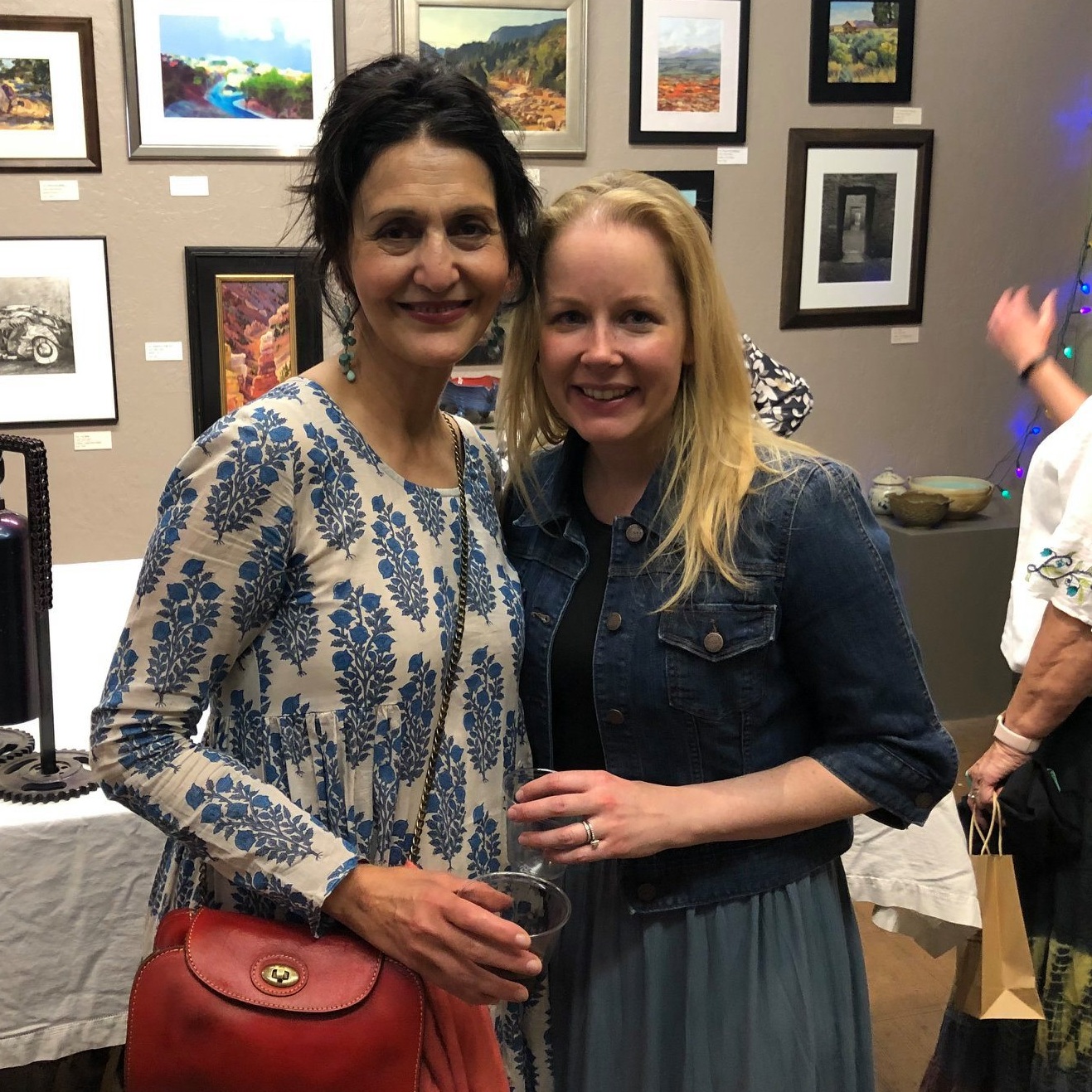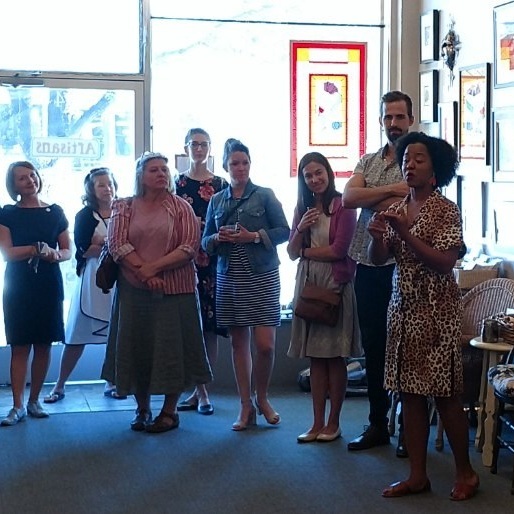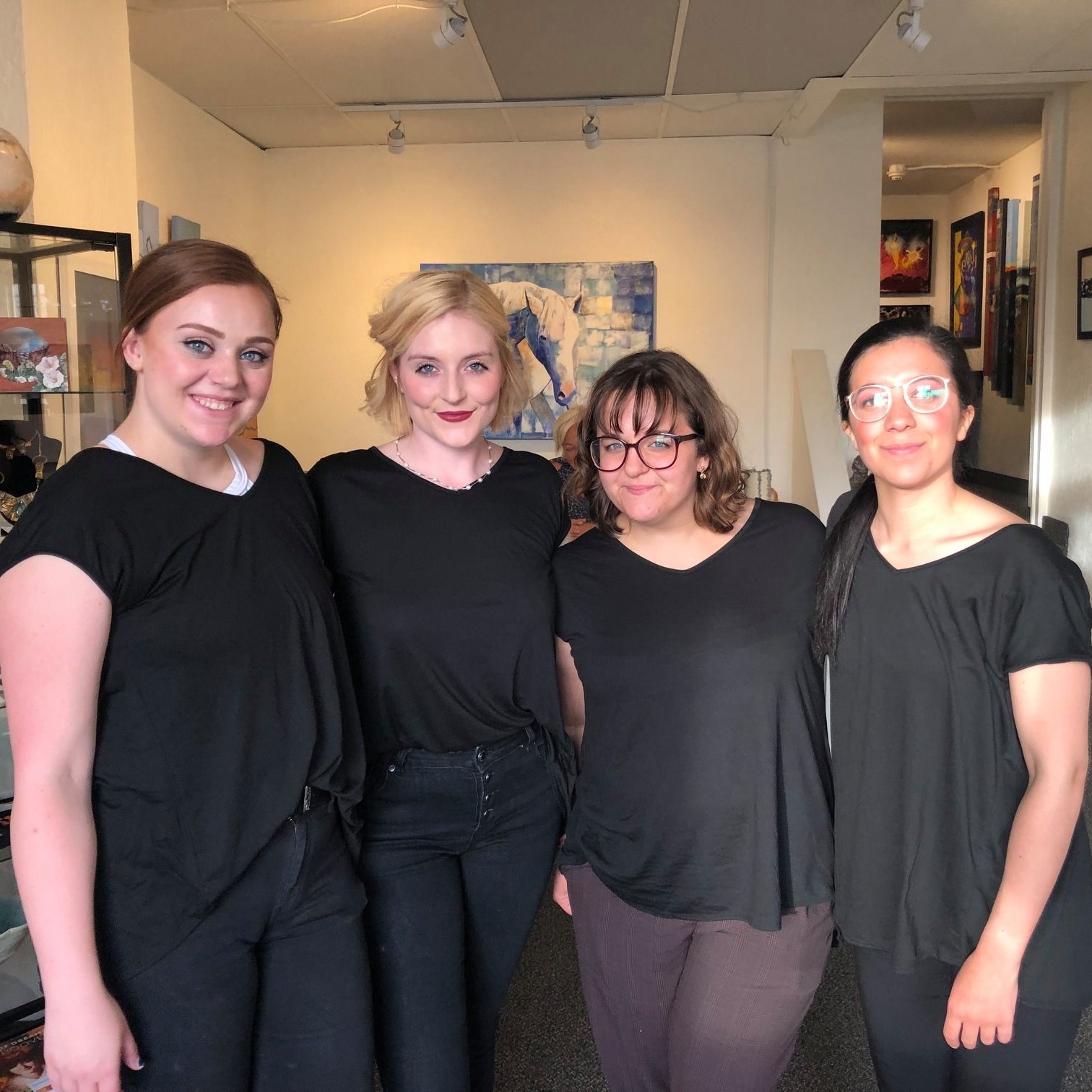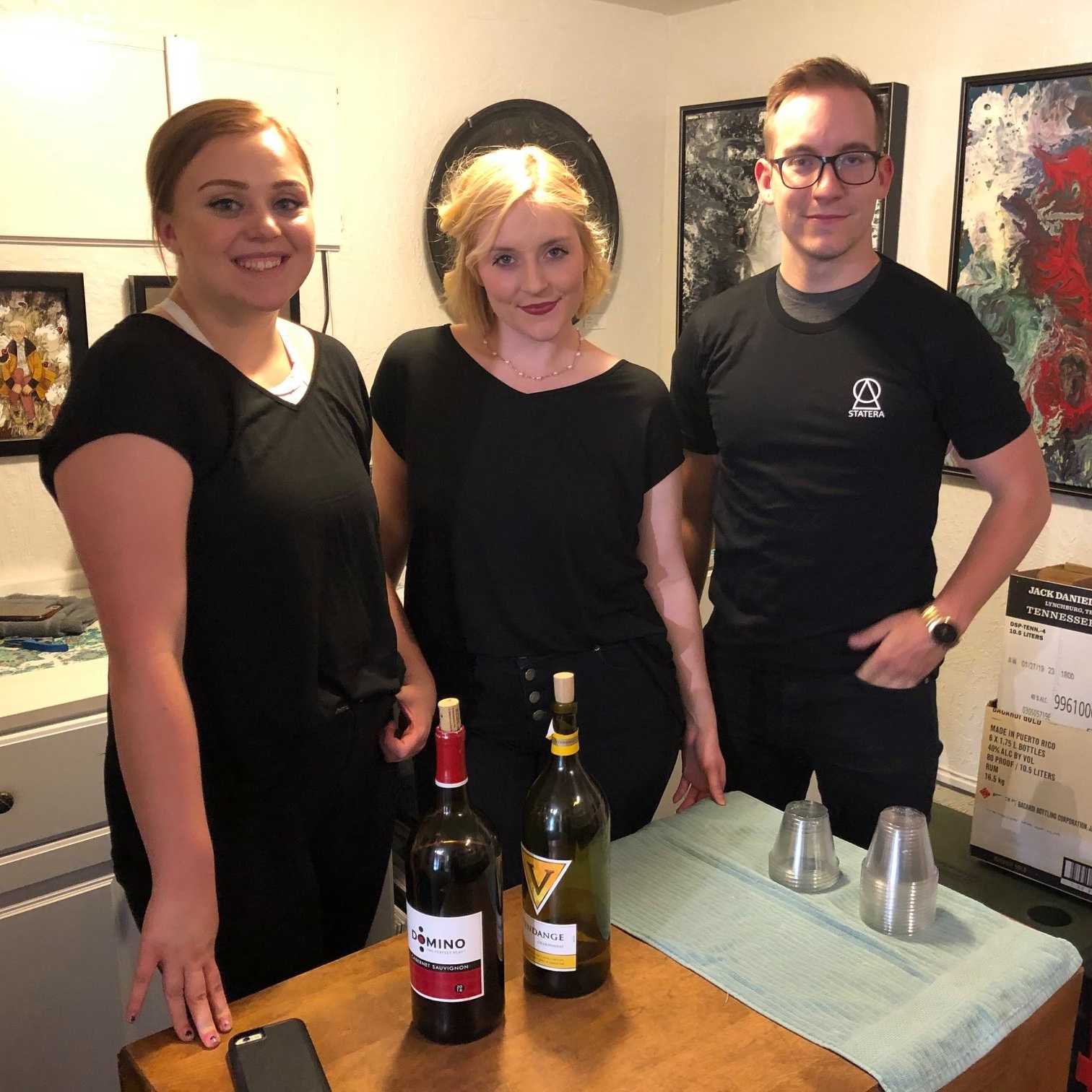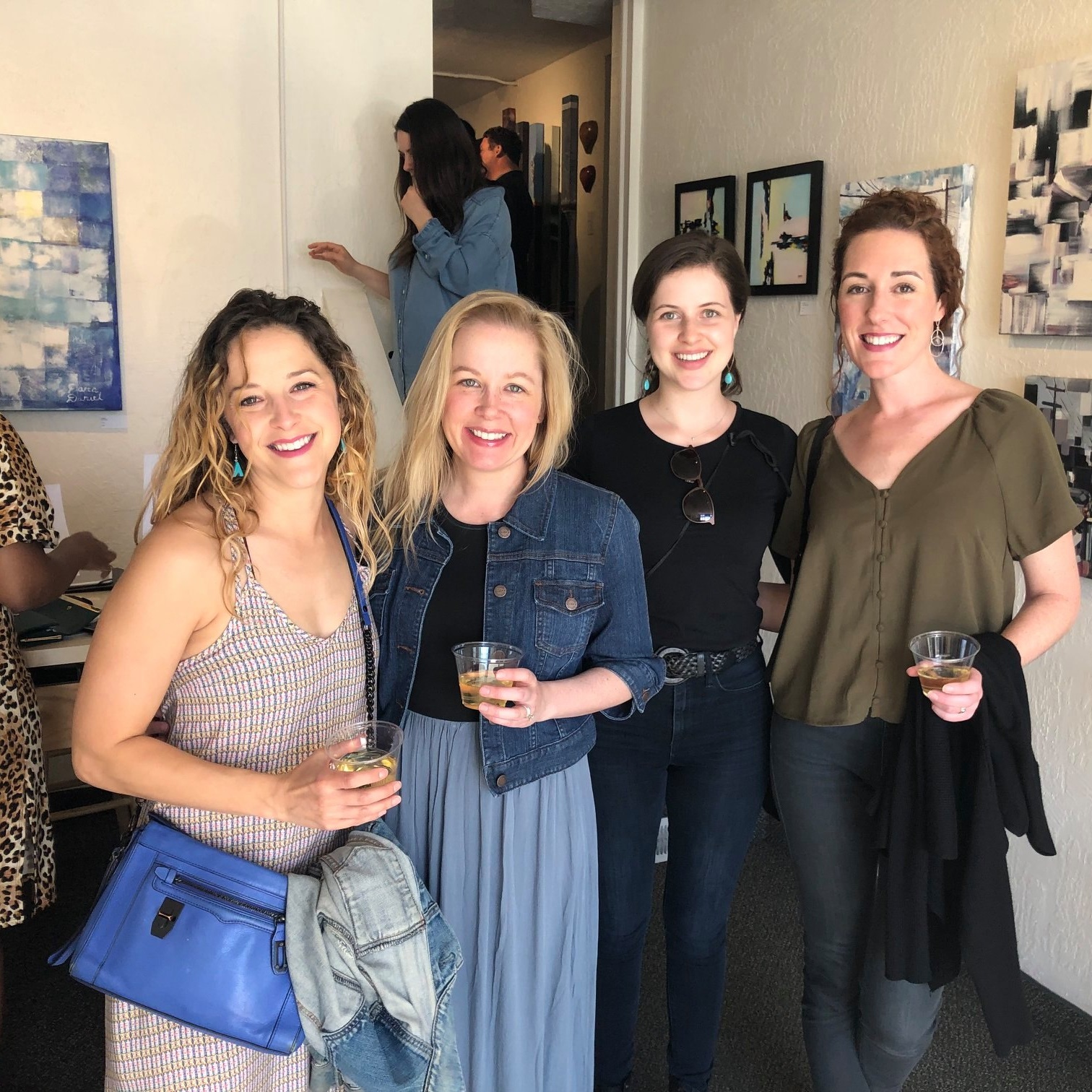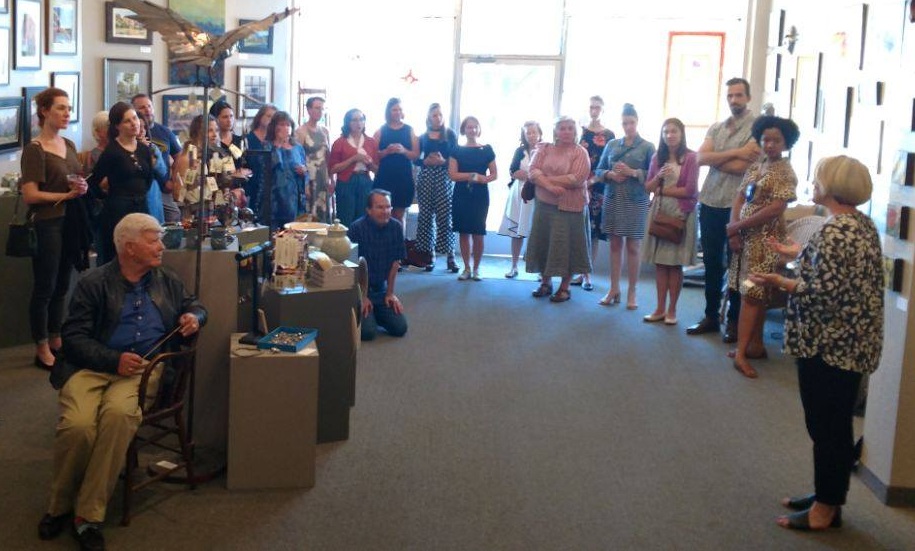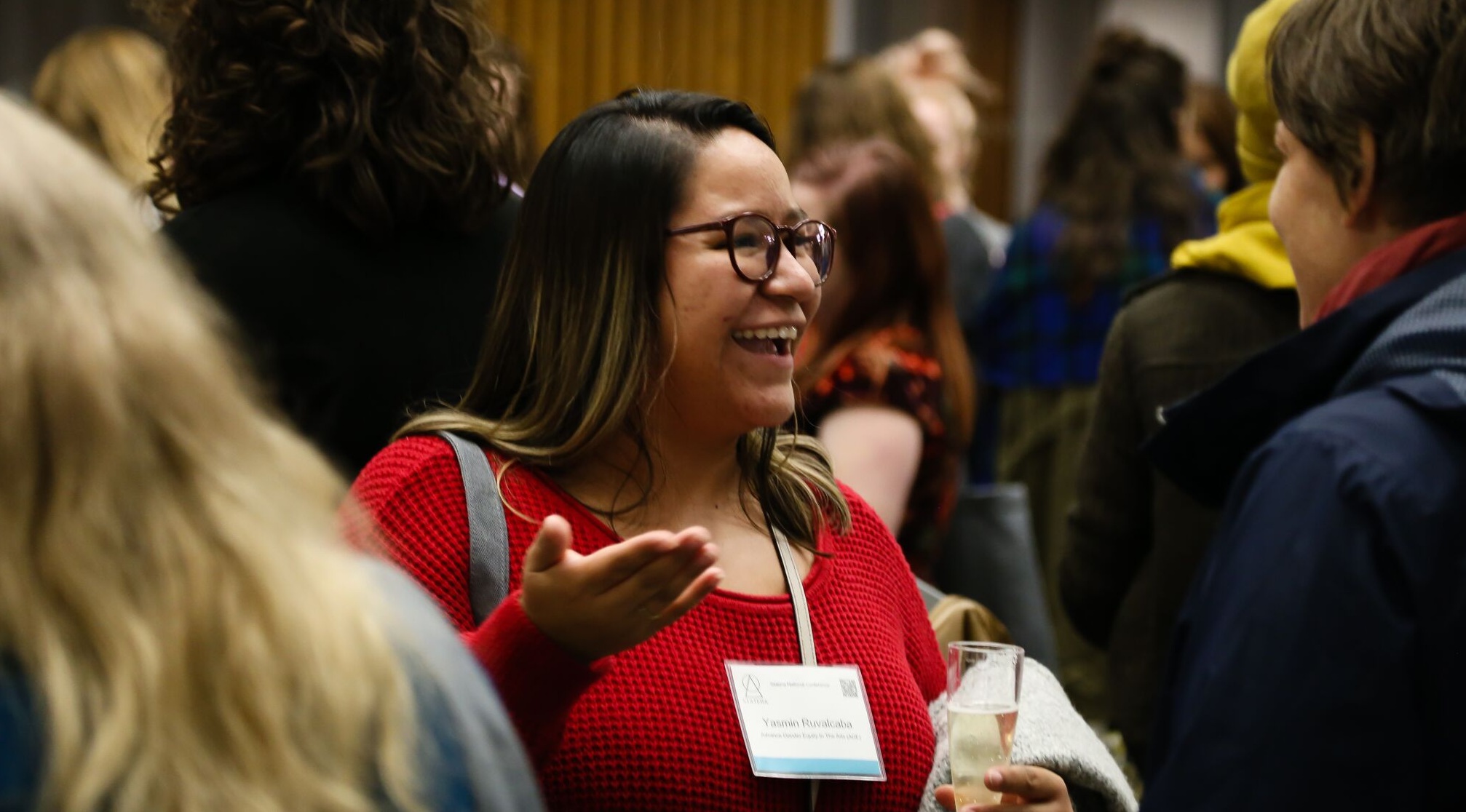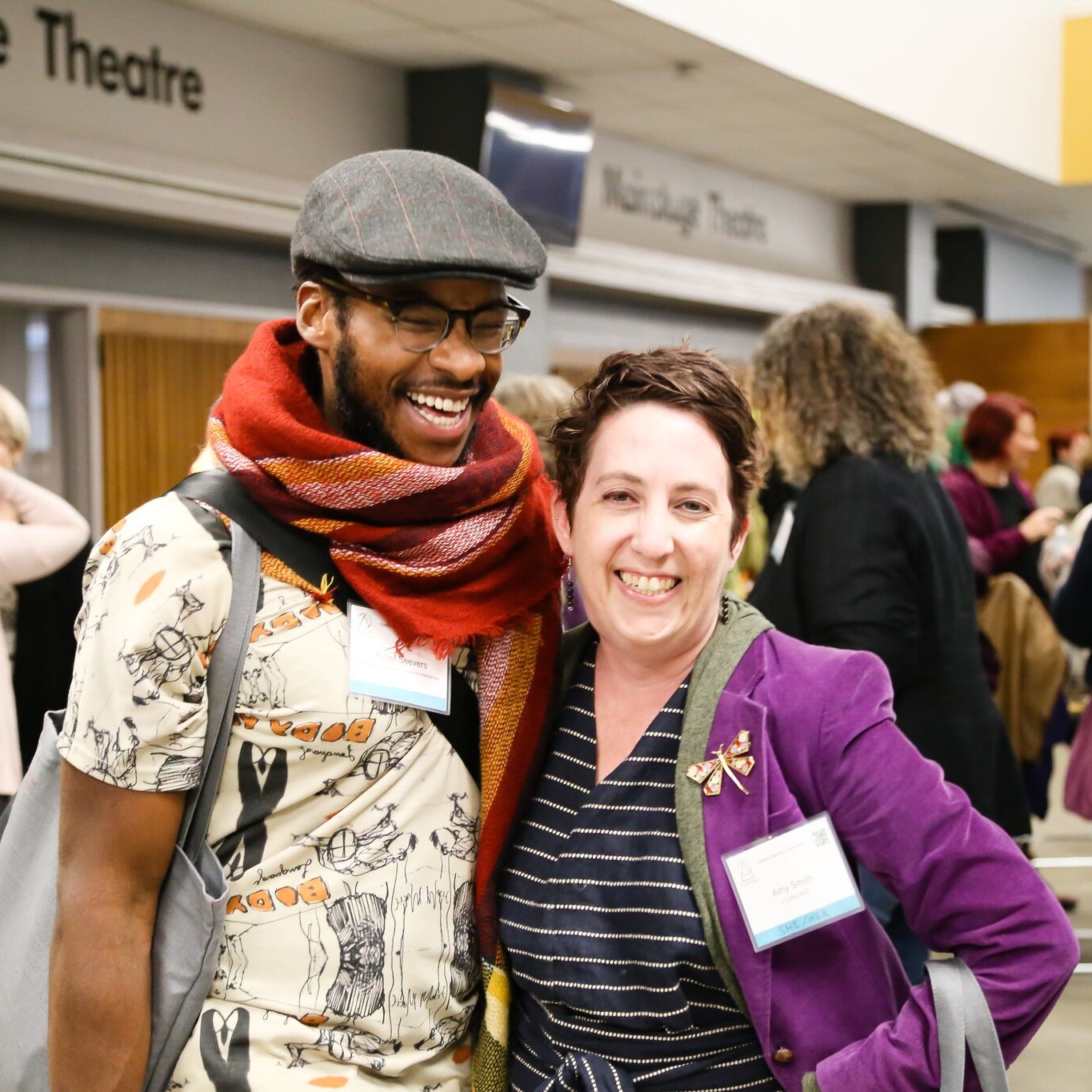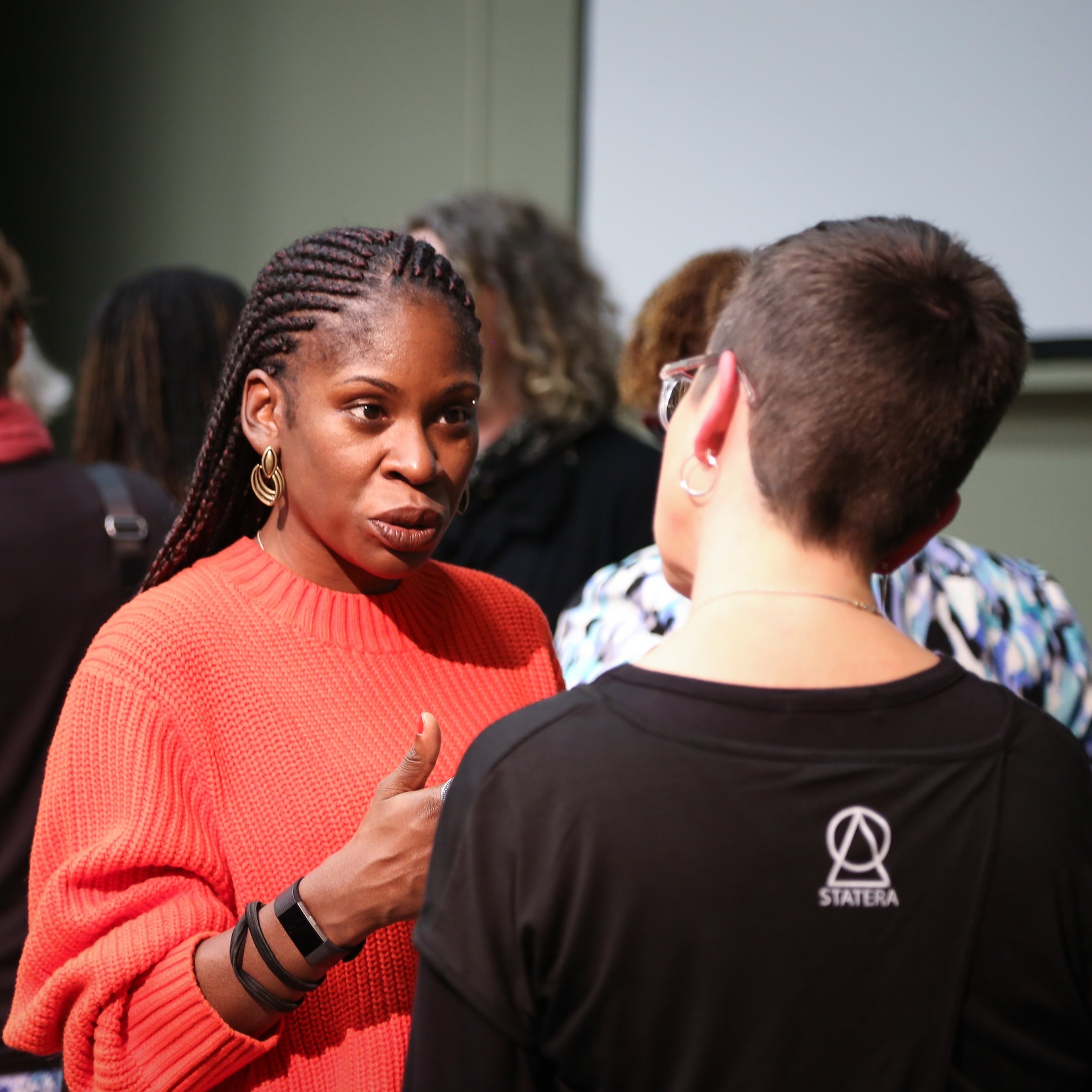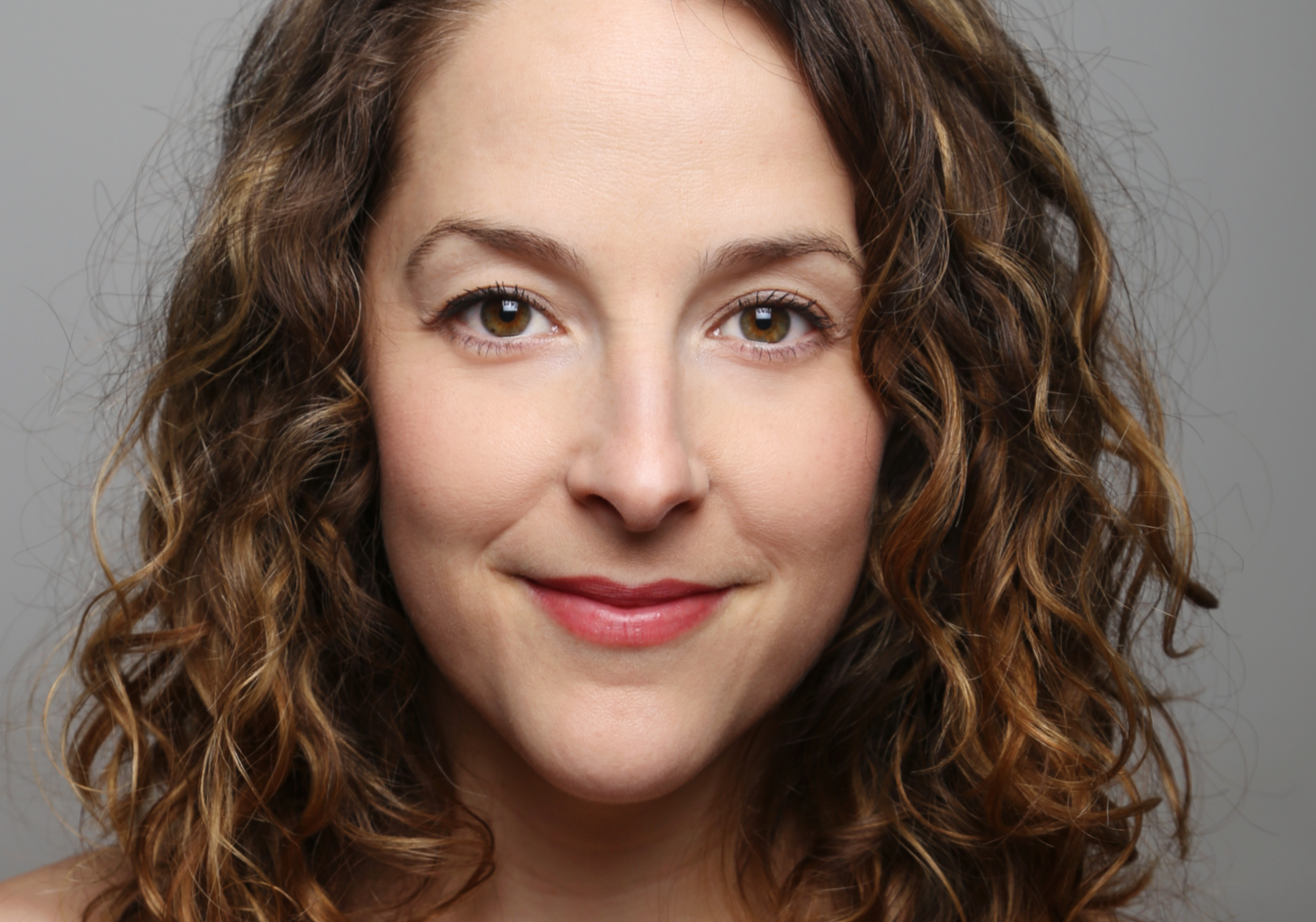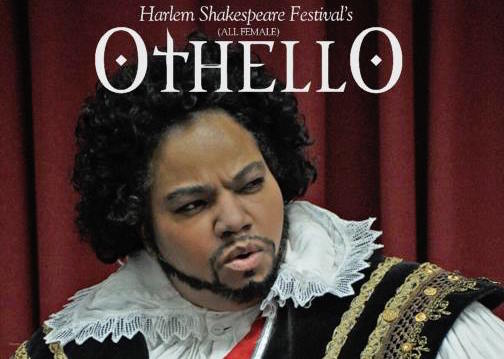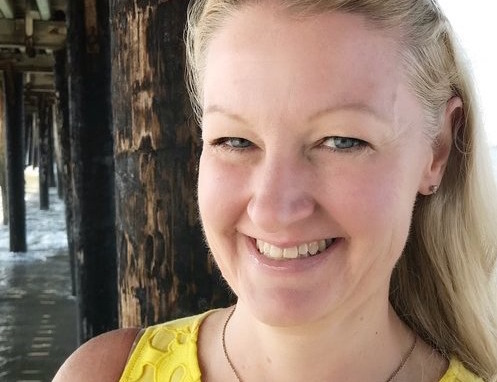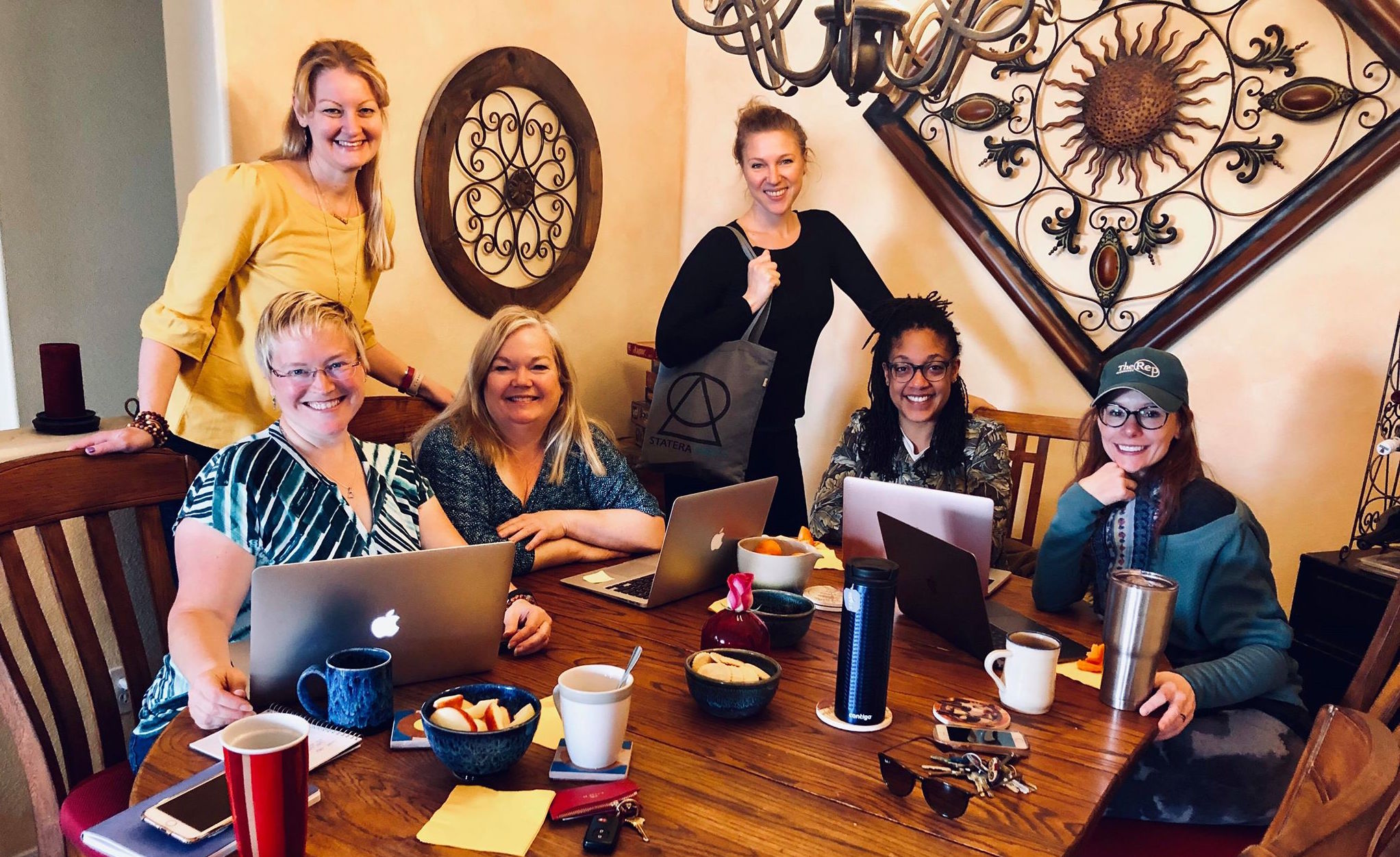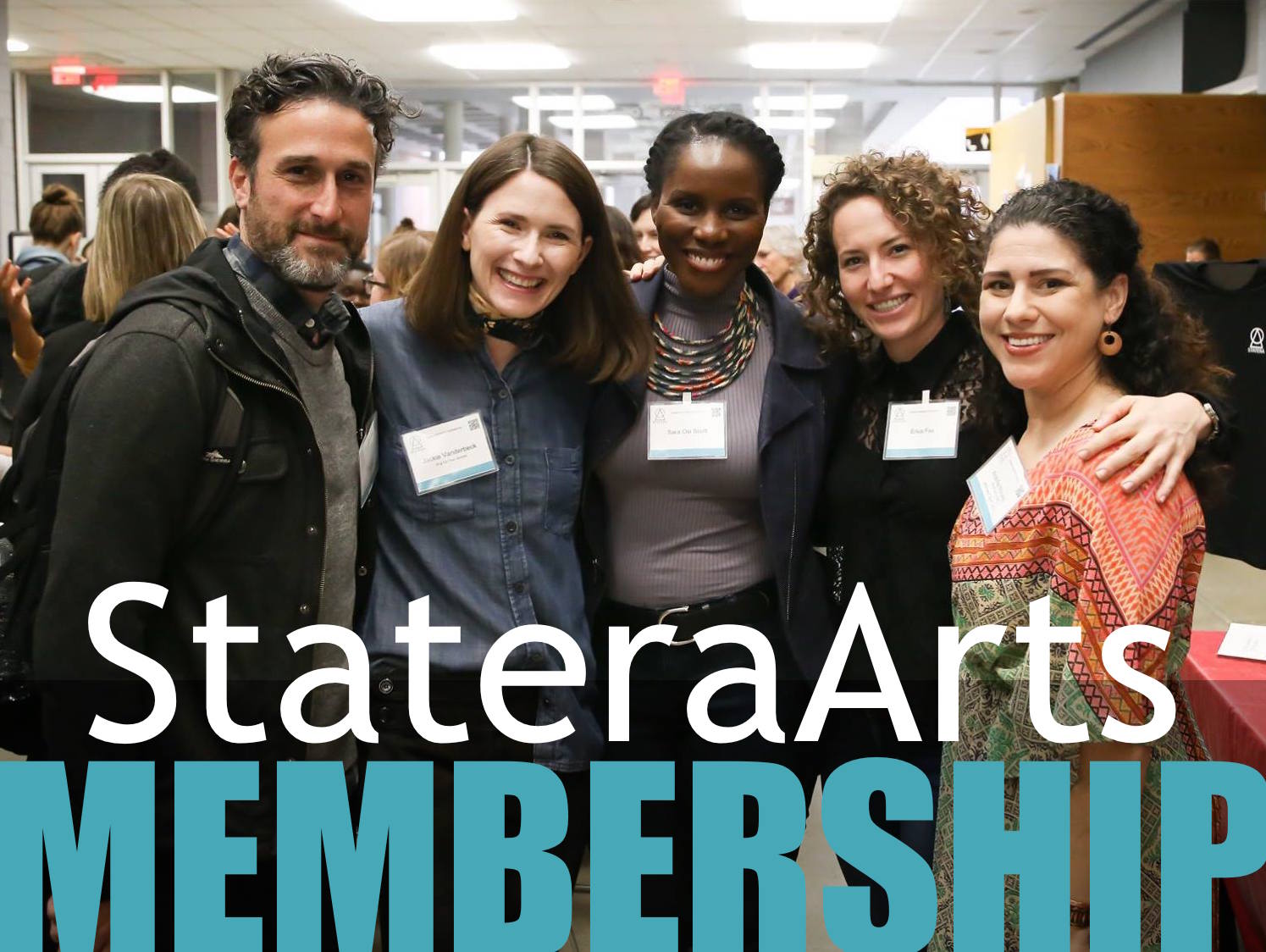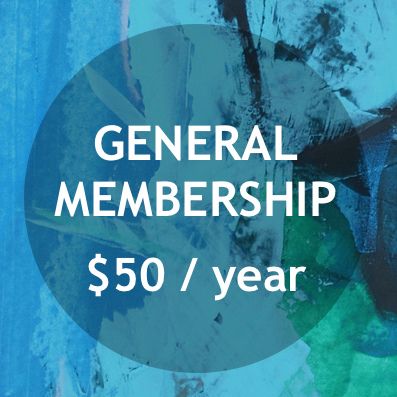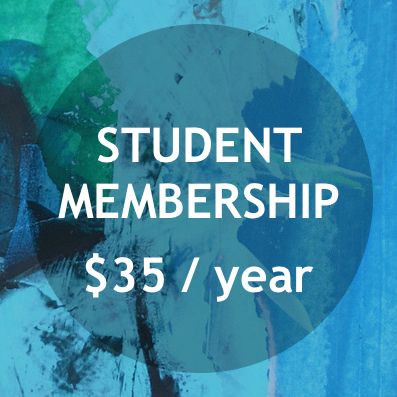StateraArts members live in cities across the US and hail from all genres of art-making. They are arts leaders, activists, content-creators, professional artists, and educators; early-, mid-, and late-career; patrons, community organizers, and more. The Statera Member Spotlight is just one way StateraArts uplifts and amplifies the voices of our members.
Today, we introduce you to Chie Morita.
Photo credit: Caleb McCotter
StateraArts: What is your occupation or calling in the arts?
Chie Morita: I trained as a producer, general manager, managing director, and casting director. I now identify as a founder, consultant, producer, and creative problem solver. And I’m here to liberate the artist from cultural stereotypes and negative self-stories through proactive planning, personal road mapping, and the practice of collaborative asking. Basically, I ask people “why?” a lot…while also believing in their dreams.
SA: What inspires your work most?
CM: I’m inspired to help makers make. There is nothing more exciting than a passionate person who knows what they are talking about and wants to share. I think it’s an absolute travesty that more makers don’t believe in the necessity and value of their work. I also think it’s devastating that our culture doesn’t teach more makers that their work is necessary and valuable. Add to this mix that most artists don’t leave school with the life planning tools, financial literacy skills, and basic business knowledge they need, and it’s a recipe for disaster, over and over again. I’m inspired to tackle this seemingly Sisyphean problem, even if I have to do it one maker at a time!
SA: What organizations are you affiliated with?
CM: I am the co-founder of FORGE NYC (with co-founder Greg Taubman), a boutique consultancy devoted to helping artists and companies take the next step in their own work. We consult, of course, and we also offer residencies, retreats, and pop-up workspaces for makers of all kinds. We proudly partner with organizations like A.R.T/New York, The Artist Co-op, and the Indie Theater Fund to widen our reach and offer our services through the generous support of donors and foundations.
I’m also a Regional Coordinator for the StateraArts mentorship program in NYC, a Board member for The Musical Theater Factory, and a co-producer on an Untitled Steven Kopp/Noah Reece Superhero musical in development. It’s also worth mentioning that I served as the Managing Director for the New York Neo-Futurists for many years, and I still very much see those folks as forever people. Once a Neo, always Neo.
SA: How did you become a StateraArts member?
CM: I met the lovely Mara Jill Herman (Regional Coordinator for NYC) and she asked if I would be interested in joining the RC team. After a few meetings, I said “yes” (it was a no-brainer), and the rest is history! I believe very strongly in the power of positive individual connection and mentorship. Statera is a perfect place for me to apply my skills. The community is wonderful and I’m thrilled to be a part of it.
SA: Tell us about one of your favorite projects.
CM: Amanda Palmer says a lovely thing about our jobs as art-makers being collecting and connecting dots... and in that way, my whole career kind of feels like one giant ever-growing project. There are definitely some standout dots, and they all connect:
Here Lies Love: I got to help cast that piece and work on several development workshops, and that whole team is full of brilliance. End of the Rainbow was my first Broadway show. I ended up there because of Jordan Thaler’s wisdom. I work often with Heather Christian, who I met through a friend at The Public when she had just sold her piano to master her first record. I produced a benefit concert to get her a new one called 7 Toy Pianos and we played 85% of the show on toy pianos from foreign countries, none of which were in the same key. That same friend at The Public introduced me to Greg Taubman. I produced his graduate thesis, Antigone/Progeny, and now we run a company together. The guy who played Haemon in that thesis invited me to a musical sleepover in the back of a porn studio, and that night I joined the board for the Musical Theater Factory. The same guy’s sister invited me to visit her in New Orleans, and now I’m helping to open The Wonderland Historical Society, a cultural facility and residency space there… see what I mean?
SA: What do you love most about your artistic community?
CM: If you mean New York City: I love her because she always says “yes”. I have never lived anywhere else where anyone, on any given day, could step out onto their stoop, declare their dreams, and the city would say “OK! Go get ‘em! I support you!” with no judgment. The artistic communities in NYC that I have been a part of are like that too: inviting, supportive, and kind…with a healthy dash of tough love from time to time. I am incredibly privileged to call this city home. If you mean my Tribe: I love them because they are smart, encouraging, and stupidly talented. They ask amazing questions, are fierce collaborators, and they show up like no humans I have ever met. I am supremely lucky.
SA: Any upcoming projects you'd like to share with us?
CM: FORGE has shifted Fast Fuel, our pop-up workspace, onto Zoom for the foreseeable future. We are now doing 3-4 a month and we would love to welcome new makers! The format is super casual and we have gotten fabulous feedback so far. More info, dates, and RSVP can be found on our website.
We will also be teaching an online version of our signature workshop, The Artist’s Roadmap, on June 17th in collaboration with The Artist Co-op. Grounded in the same tools and techniques that we provide our consulting clients, The Artist’s Roadmap is a holistic workshop that trains makers to articulate their purpose and plan for their future. Encouraging you to treat your goals as defined destinations rather than uncertain outcomes, The Artist’s Roadmap offers you the language, logistics, and landmarks to chart your course on the road to success. We hope you will join us!
SA: Mentorship is at the core of the STATERA mission. Tell us about one of your mentors. How did they shape you or provide pathways for opportunity?
CM: Honestly, part of the reason I do the work I do, and why I said “yes” to joining the NYC regional coordinator team, is because I never had a mentor myself. Not a proper one anyway. That being said, there is a laundry list of amazing artists and makers that have shaped me and taught me valuable things. If I had known how to ask any of them to mentor me, who knows where I would be now. I am eager to share my experiences and expertise in the hopes that with more collaboration and connection, we can find better ways to create, innovate, and change the world.
About CHIE
Chie C. Morita (she/her) seeks creative solutions to everyday debacles. She is a co-founder and partner of FORGE, a boutique consultancy devoted to helping artists and companies take the next step in their own work. In all she does, Chie seeks to liberate the artist from cultural stereotypes and negative self-stories. Always eager to challenge the norms under which we were taught to create, she consults and mentors on proactive planning, financial literacy, and the practice of collaborative asking. Most recently, Chie served as the Deputy Director at Town Stages, a Cultural Arts and Event space in Tribeca, where she created, curated, and managed the Sokoloff Arts Fellowship Program, which offered space, mentorship, and resources to makers of all kinds. While at Town, she had the pleasure of working with artists such as Third Rail Projects, The Macallan, Art Beyond The Glass, Milajam, Spotify, Fault Line Theatre Company, and many others. In New York, she has worked with Tony-Award-winning Broadway Producer Joey Parnes (A Gentleman's Guide to Love and Murder, Vanya and Sonia and Masha and Spike, End of the Rainbow), institutions including The Public Theater, Ars Nova, and New York Neo-Futurists (who, under her care, were awarded three Drama Desk nominations), and such independent artists and ensembles as Heather Christian and the Arbornauts, Esperance Theater Company, Extant Arts Company, UglyRhino, Panicked Productions, Fresh Ground Pepper, and art.party.theater.company. Chie is also a collaborator on the Wonderland Historical Society in New Orleans, a proud board member of The Musical Theater Factory and a co-producer on an Untitled Kopp/Reece Superhero musical in development.
_format-1500w.png)

